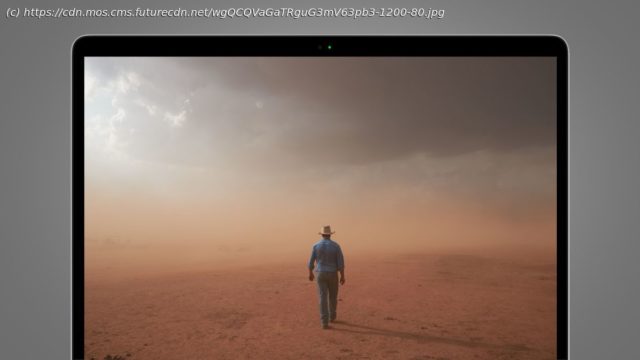It’s World Photography Day 2021 – and what better way to celebrate than with a glorious gallery of the best photos of the year so far.
It’s World Photography Day 2021, which means one thing – you want to excuse to stop working and scroll through a glorious gallery of the best photos of the year, right? That’s good, because we’ve put that together for you below. To create our list of stunning snaps, we’ve cherry-picked the winners from this year’s most prestigious photography competitions, including the Sony World Photography Awards, Wildlife Photographer of the Year and iPhone Photography Awards. We’ve then included the backstory for each photo from the photographers themselves so you can recreate them (possibly). But wait, what exactly is World Photography Day? Well, unlike some sponsored days (sorry, National Avocado Day) it is a genuinely important date – it was on this day in 1839 that the ‚Daguerrotype process‘ was officially gifted to the world (or, in other words, went open source). And what is the Daguerrotype process, other than an excellent name for a prog band? It was the chemical method developed by French artist and physicist Louis Daguerre, which ultimately became the first commercial photographic process and laid the groundwork for 20th century photography. We’ve explained a bit more about that historical moment in the box to the right, but if you’d rather just get on with scrolling through the best photos of the year while wearing your World Photography Day t-shirt, we’re not going to hold you back… No, this wasn’t shot by the Mars Perseverance Rover. Instead, this winning photo from Australia’s National Photographic Portrait Prize shows farmer David Kalisch walking into a huge dust storm on his drought-struck farm. The judges said that it „captures the fragility and uncertainty of the times“ and labelled it „an extraordinarily powerful image“. Photographer Joel Pratley says the photo was very much „about being in the right place at the right time“. He was actually on a photoshoot aimed at raising awareness for Rural Aid when „an immense dust storm hit highlighting the enormity of the challenges faced by farmers“. The shot was taken on a Canon EOS R with an RF 28-70mm f/2L USM lens – and if you were wondering about that camera’s level of dust-resistance, this shot is a ringing endorsement. This moving panorama was created in the early stages of the pandemic when photographer Forough Yavari found herself „disconnected from my mother and sister and it made me feel powerless and scared“, she says. Then, „one day when I was feeling depressed, I decided to paint myself, put the camera on self-timer and capture all the emotions I had“, she adds. Though there was no plan to do anything with the photos at the time – she later „decided to do something with them: a panorama image expressing all my feelings of loss, feelings of helplessness and then confronting loss“. The result is something of a monument to many people’s pandemic experience and one that recalls the painters who inspire her photography, including Rembrandt, Delacroix and Goya. This iconic photo shows the first hug that Rosa, an 85-year-old resident at a São Paulo care home, had apparently received in five months. Brazil’s care homes had closed their doors to all visitors due to the pandemic and carers had been told to keep physical contact with the vulnerable to a bare minimum. But the care home came up with a simple invention, ‚The Hug Curtain‘, which allowed people to embrace again. The photo was shot using a Canon EOS 5D Mark III at a 50mm focal length, with the Danish photographer Mads Nissen using settings of 1/600 sec at f/5.6, ISO 200. Nissen has worked as a staff photographer at the Danish daily Politiken since 2014, and you’ll likely have come across his work in the likes of Time, Newsweek, CNN, National Geographic, The Guardian, Stern, and Der Spiegel among others. In a flashpoint that’s been seen in many cities around the world, this powerful shot shows a man and woman disagreeing about the removal of the Emancipation Memorial, in Washington DC’s Lincoln Park. On 25 June around 100 people gathered at the monument arguing about what it meant, but eventually the US Congress introduced a bill to have the statue removed and taken to a museum. Shot with a Sony Alpha A9 II and a 24-70mm lens, the Washington-based photojournalist Evelyn Hockstein used settings of 1/200 at f/2.






